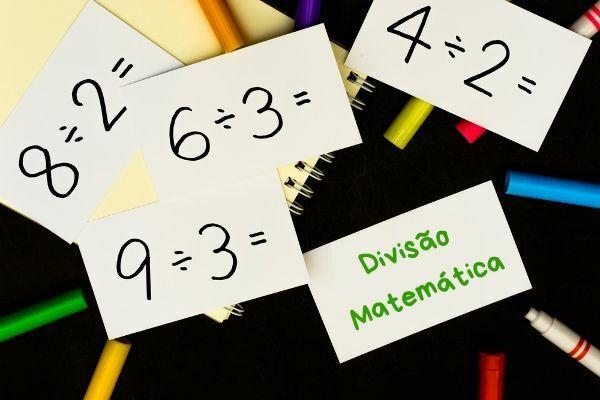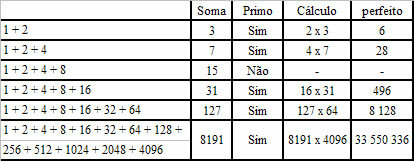Even before the appearance of numbers, people used symbols as auxiliary tools in processes involving counting. The various peoples that constituted civilizations throughout history sought to develop mathematical techniques capable of solving everyday problems. Among the peoples we can mention: Mayans, Incas, Aztecs, Sumerians, Egyptians, Greeks, Chinese, Romans, peoples of the Mesopotamian region, among others.
Among the studies emerged numbering systems, counting techniques, numerical symbols, calendars based on the solar system, counting objects such as the abacus, numerical positioning and several others discoveries. Mathematical calculations and the mysteries of nature have always fascinated man, who sought and still seeks numbers to unravel certain situations. The emergence of the Indo-Arabic numbering system facilitated the growth of Mathematics and other sciences, because the decimal base facilitated numerical calculations aiming at answers to some situations considered incognitos.
In the following centuries, the introduction of the decimal base system in Europe by the Arabs and the great Math geniuses awakened their intellectual abilities to the development of new techniques. The emergence of important relationships characterized by constant numbers such as π (pi) and Ф (gold number) constituted important steps for the science of numbers. The mysteries of nature began to be unraveled and explained with their help.
Numbers are the foundation of Mathematics, as without them, it would not have evolved as it did. Even today, the numbers intrigue people connected to the exact field through situations that lead to fascinating results. Creativity and the ability to maneuver the numbers, lead to a world full of mysteries and secrets. Note the following situations:
Do not stop now... There's more after the advertising ;)
1 x 8 + 1 = 9
12 x 8 + 2 = 98
123 x 8 + 3 = 987
1234 x 8 + 4 = 9876
12345 x 8 + 5 = 987 65
123456 x 8 + 6 = 987654
1234567 x 8 + 7 = 9876543
12345678 x 8 + 8 = 98765432
123456789 x 8 + 9 = 987654321
1 x 9 + 2 = 11
12 x 9 + 3 = 111
123 x 9 + 4 = 1111
1234 x 9 + 5 = 11111
12345 x 9 + 6 = 111111
123456 x 9 + 7 = 1111111
1234567 x 9 + 8 = 11111111
12345678 x 9 + 9 = 111111111
123456789 x 9 +10= 1111111111
9 x 9 + 7 = 88
98 x 9 + 6 = 888
987 x 9 + 5 = 8888
9876 x 9 + 4 = 88888
98765 x 9 + 3 = 888888
987654 x 9 + 2 = 8888888
9876543 x 9 + 1 = 88888888
98765432 x 9 + 0 = 888888888
1 x 1 = 1
11 x 11 = 121
111 x 111 = 12321
1111 x 1111 = 1234321
11111 x 11111 = 123454321
111111 x 111111 = 12345654321
1111111 x 1111111 = 1234567654321
11111111 x 11111111 = 123456787654321
111111111 x 111111111 = 12345678987654321
The arrangement of numbers involving the addition and multiplication operations resulted in numerical sequences with a certain degree of curiosity, and as Pythagoras, a famous Greek mathematician, would say: “Numbers govern the world."
by Mark Noah
Graduated in Mathematics.
Brazil School Team
Would you like to reference this text in a school or academic work? Look:
SILVA, Marcos Noé Pedro da. "The Magic of Numbers"; Brazil School. Available in: https://brasilescola.uol.com.br/matematica/a-magia-dos-numeros.htm. Accessed on June 28, 2021.


